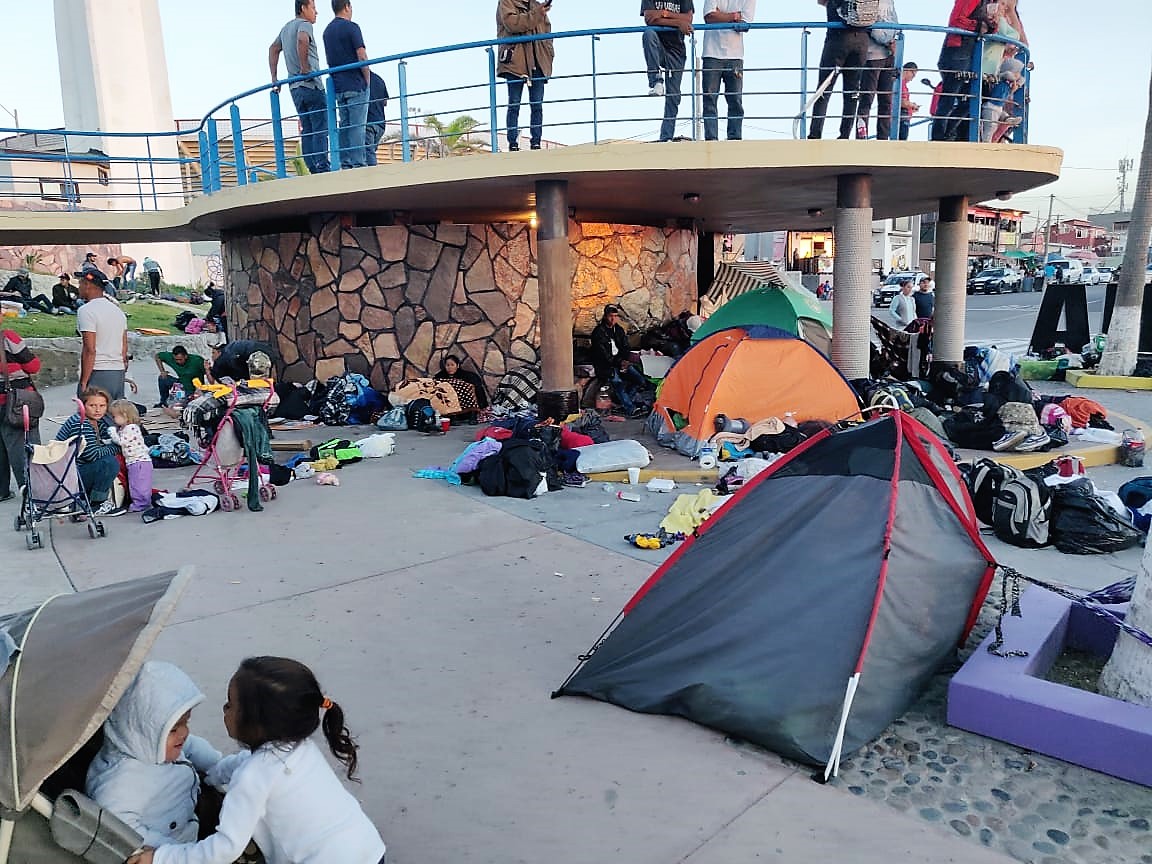The Brazilian Ministry of Human Rights and the EUROsociAL+ Programme are working on building an action protocol that protects minors and young unaccompanied migrants who enter Brazilian territory

Dewy Salazar and Mileidys Arzola, both 13 years old, and Jhosep Navarro and Jesus Daniel, both 14 years old, live the lives of typical teenagers. They have their group of friends in their neighbourhood and they go to school. The difference is that they did not have a choice. The family of the four teenagers moved from Venezuela to Brazil in search of a better life. In total, 14 adolescents participated in an international seminar in Brasilia to share their situation and contribute their life experience to the discussion on ways of welcoming migrants that minimise the impact on migrant children and adolescents.
The reality of migration in Latin America was the focus of the International Seminar on Migrant Children and Adolescents, recently held in the Brazilian capital by the Brazilian Ministry of Human Rights (MHR). The objective of the event was to promote good practices in protecting the rights of children and adolescents as the group most affected by the influx of migrants that is taking place in the region. “It is a humanitarian issue resulting from forced migration for reasons of survival. We have to guarantee access to education and the entire social protection network”, said the national secretary for the Rights of Children and Adolescents at the MHR, Luís Carlos Martins Alves.
Currently, the European Union and the Brazilian Secretariat for the Rights of Children and Adolescents (MDH) are working together, through the EUROsociAL+ Programme, to build a protocol to support unaccompanied migrant children and adolescents. EUROsociAL facilitates European and Latin American expertise on migration and minors as an input to this framework of action. In addition, expert Patricia Hernández, a manager at the Costa Rican Child Welfare Agency, and Italian expert Vincenzo Castelli also shared their knowledge in the seminar.
Together with the Brazilian Ministry of Human Rights and the EUROsociAL+ Programme, a large number of institutions and entities showed their involvement in providing solutions based on human rights, such as the Organization of Ibero-American States for Education, Science and Culture (OIS) and SOS Children’s Villages, co-organisers of the event. In addition, the United Nations International Children’s Emergency Fund (UNICEF), Mercosur’s Human Rights Public Policies Institute and more than 80 representatives from government institutions and organisations in Brazil also participated in the exchange. They agreed that children and adolescents need to be treated and cared for as a priority and as citizens, regardless of their status as migrants.
EUROsociAL+ / Ministerio de Derechos Humanos de Brasil / Organización de Estados Iberoamericanos para la Educación, la Ciencia y la Cultura (OEI)



